
eBook, 65 pgs
I am an Amazon Affiliate
Pride & Prejudice: Retold in Limericks by Seamus O’Leprechaun is a retelling of Jane Austen’s Pride & Prejudice in Limericks! Yes, you read that correctly. When Anna told me she had something I could read for 24-hour Read-a-Thon, I was all over this one. I LOVE Limericks!
O’Leprechaun, which clearly has to be a pen name, captures the wit and tension between the characters so easily in just a Limerick. It was highly appropriate that I read it for the read-a-thon and National Poetry Month.
From "Chapter Six":
Now Darcy has altered his drive.
What haunts him? A pair of dark eyes.
The girl he rejected
Now leaves him affected
Liz Bennet - he years for this prize.
From "Chapter Seven"
Jane Bennet, meantime, has caught cold,
Through a rain-soaked contrivance most bold.
Now she must stick around
At the Bingley compound,
Where Liz waits as the symptoms unfold.
The machinations of Mrs. Bennet to ensure that her daughters are married off before her husband dies, and her anger at Lizzy for turning down Mr. Collins also come off as ridiculous as Austen intended. O’Leprechaun uses his skills well in these poems to flesh out the novel in poetic form. Many of these poems will make readers laugh out loud, giggle, and shake their heads in amusement.
From "Chapter Fifteen"
But this Collins has come for a wife -
Either Lizzy or Jane will suffice.
And as Jane is bespoke,
Looks like Lizzy's up, folks,
To be wed by a blockhead - that's life.
Pride & Prejudice: Retold in Limericks by Seamus O’Leprechaun is just so much fun, and totally worth the short time spent reading it, reliving the best moments of Austen’s book. Also, it’s a great way to celebrate poetry.
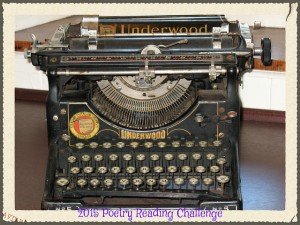
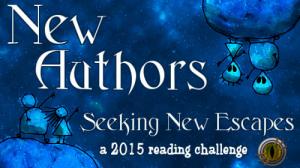
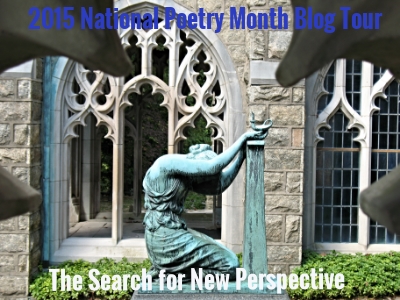
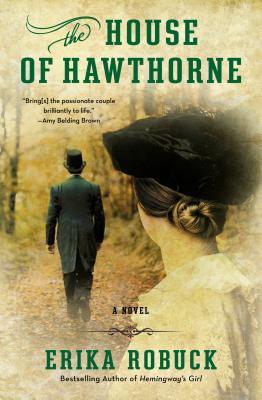
 About the Author:
About the Author:

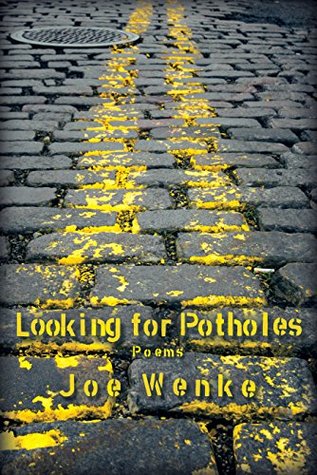
 About the Poet:
About the Poet:
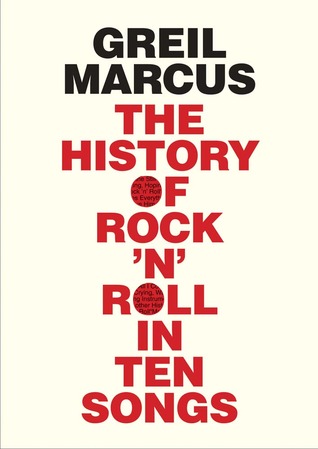
 About the Author:
About the Author: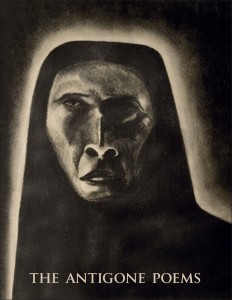
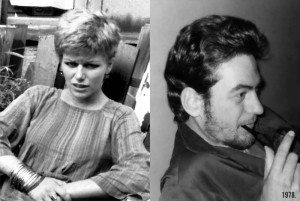 About the Poet:
About the Poet:


 About the Poet:
About the Poet:

 About the Poet:
About the Poet:





